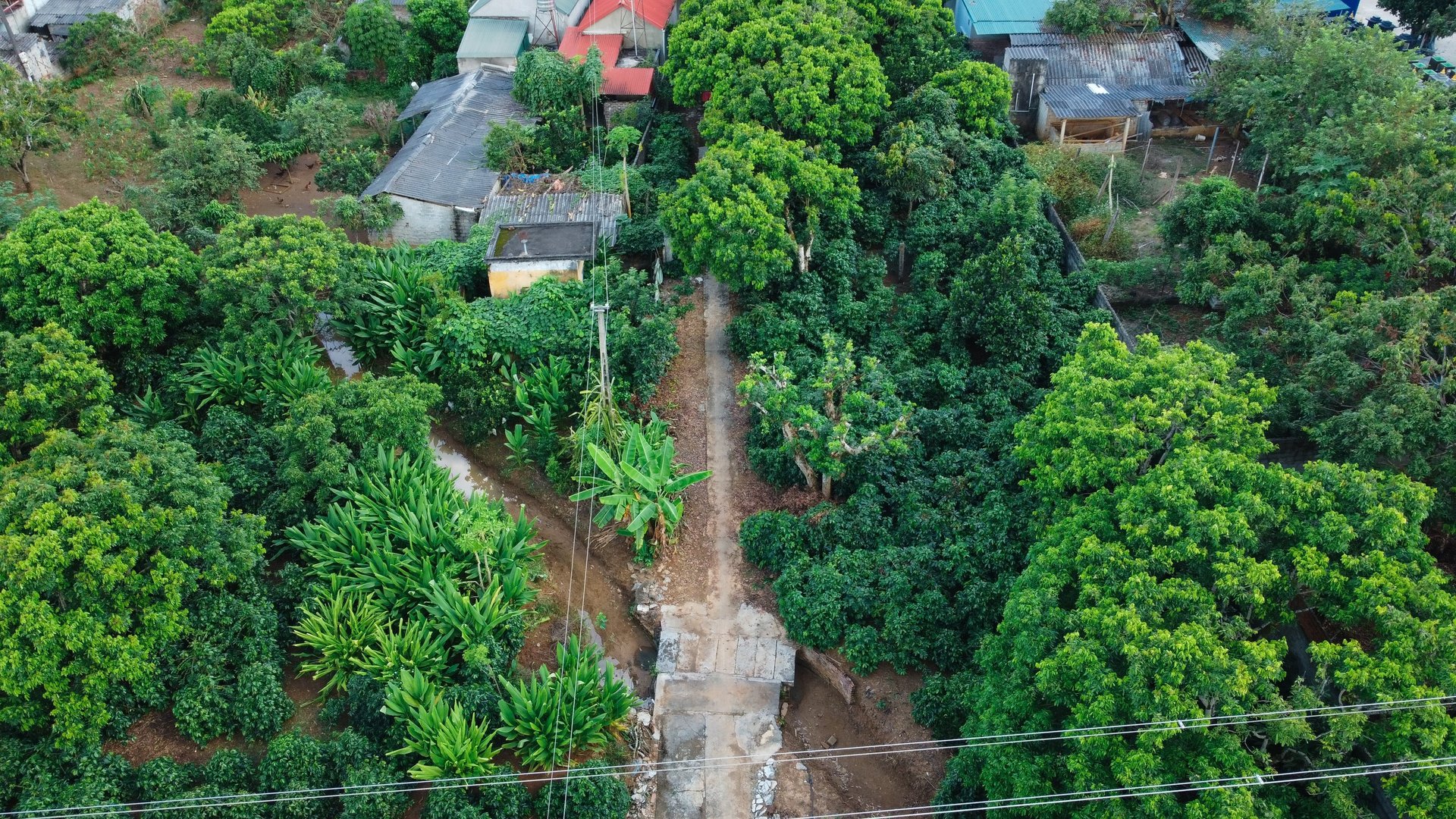
Discovering the Rich Flavors of Vietnamese Arabica Coffee
Vietnam is often associated with robusta coffee, but in recent years, the country's arabica coffee has been gaining recognition for its exceptional quality and unique flavors. Grown primarily in the highlands of Central and Northern Vietnam, Arabica coffee from this region offers a delightful experience for coffee enthusiasts worldwide. Let's dive into what makes Vietnamese Arabica coffee so special and why it deserves a place in your cup.


The Unique Growing Regions
Vietnamese Arabica coffee is primarily grown in two key regions: the Central Highlands, particularly in Lam Dong province, and the Northern Highlands, with Son La province being a notable area. These regions provide ideal conditions for growing Arabica coffee, thanks to their high altitudes, fertile soil, and favorable climate.
Lam Dong Province: Located in the Central Highlands, Lam Dong is Vietnam's largest Arabica coffee-growing area. The province's altitude ranges from 800 to 1,500 meters above sea level, offering the perfect environment for Arabica cultivation. The region's mild temperatures, abundant rainfall, and rich volcanic soil contribute to the coffee's unique flavor profile, characterized by a balanced acidity and sweetness with floral and fruity notes.
Son La Province: In Northern Vietnam, Son La's coffee-growing areas are situated at altitudes between 600 and 1,200 meters above sea level. The region's complex topography, with its combination of mountains, basins, and plateaus, creates diverse microclimates that enhance the coffee's distinctiveness. Arabica coffee from Son La is known for its bright acidity, smooth body, and subtle hints of chocolate and nuts.
The History and Cultural Significance
Arabica coffee has been cultivated in Vietnam since the French colonial period, with the first plantations established in the late 19th century. Over the decades, Vietnamese coffee farmers have honed their skills and adapted their practices to suit the local conditions, resulting in high-quality Arabica beans that reflect the country's rich agricultural heritage.
In Son La, the coffee industry is deeply intertwined with the lives of local ethnic communities, including the Thai, H'mong, and Kinh people. Coffee farming provides these communities with a vital source of income and plays a significant role in their cultural identity. The traditional hand-picking methods and sustainable farming practices used by these farmers contribute to the purity and natural flavor of the coffee.
The Distinctive Flavor Profile
Its unique flavor profile, shaped by the country's diverse growing conditions and meticulous processing methods, sets Vietnamese Arabica coffee apart. Here are some key characteristics of Vietnamese Arabica coffee:
Acidity: Vietnamese Arabica coffee typically has a bright and lively acidity, which adds a refreshing quality to the brew.
Body: The coffee often has a smooth and medium to full body, providing a satisfying mouthfeel.
Flavor Notes: Depending on the region, you may find a variety of flavor notes in Vietnamese Arabica coffee, including floral, fruity, nutty, and chocolatey undertones.
Aroma: The coffee's aroma is often fragrant and enticing, with hints of flowers, fruits, and spices.
Sustainable and Ethical Practices
Sustainability and ethical practices are increasingly important in the coffee industry, and Vietnamese Arabica coffee is no exception. Many coffee farms in Vietnam are adopting organic farming methods and sustainable practices to preserve the environment and ensure the long-term viability of their crops. Additionally, fair trade initiatives and direct trade relationships help support local farmers and provide them with fair compensation for their hard work.
Vietnamese Arabica coffee is a hidden gem in the world of specialty coffee, offering unique flavors and a rich cultural heritage. Whether you're a seasoned coffee connoisseur or a curious newcomer, exploring Arabica coffee from Vietnam is a journey worth taking. The next time you're looking for a fresh and exciting coffee experience, consider giving Vietnamese Arabica a try and savor the diverse flavors this remarkable country has to offer.

